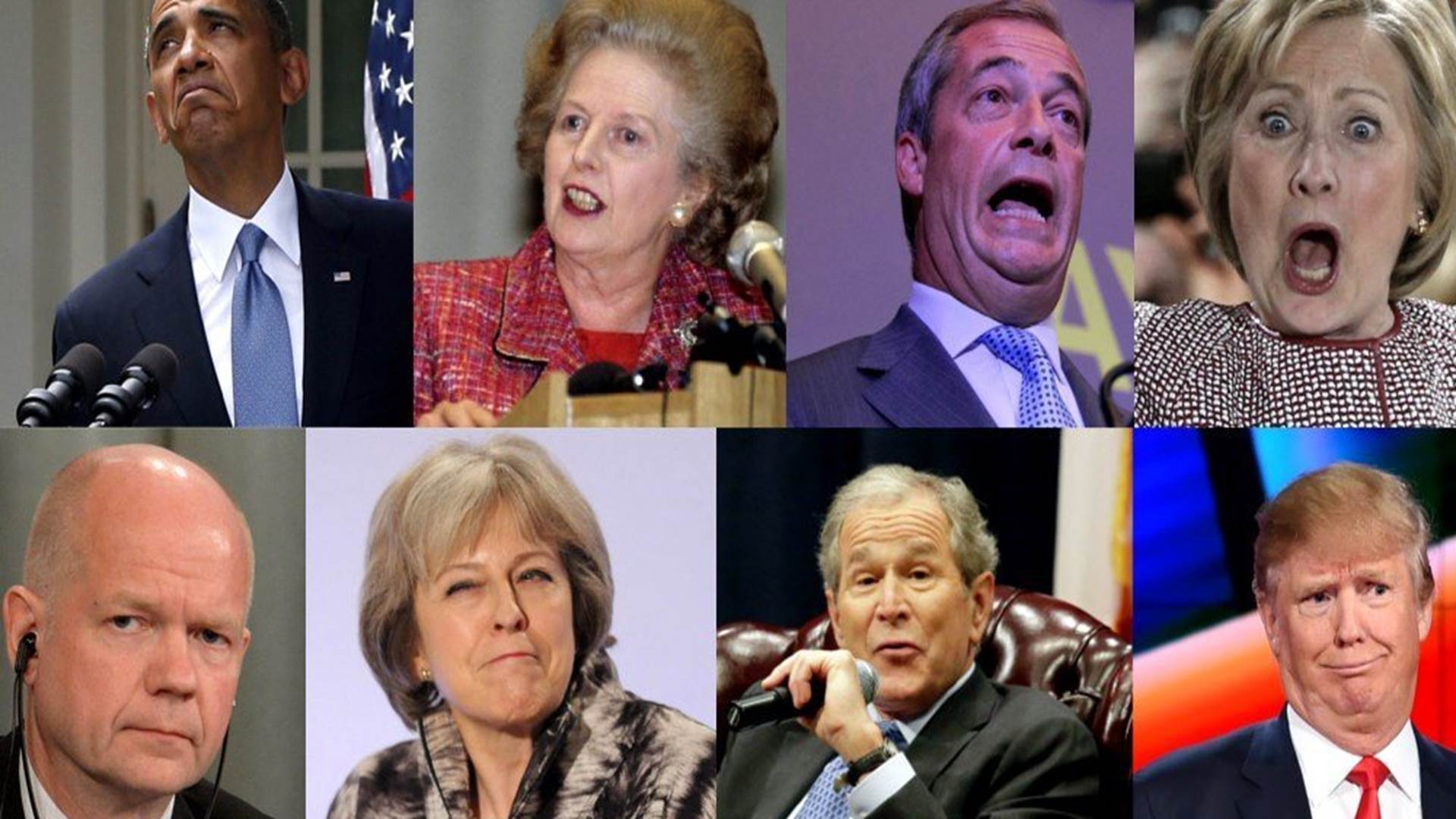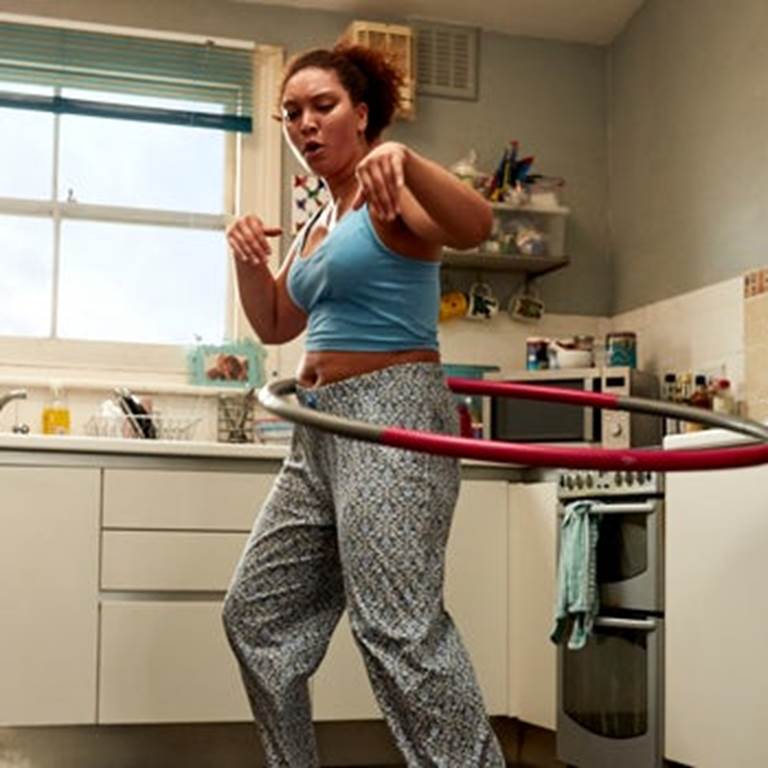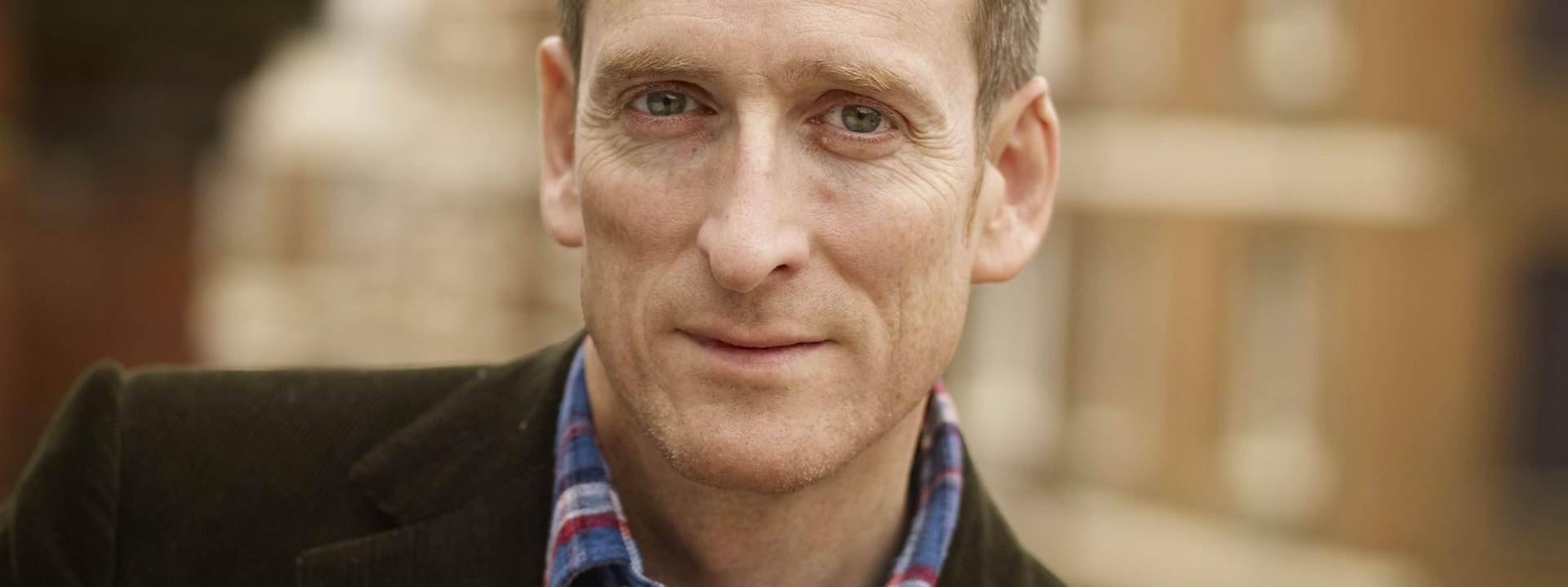IT COULD GET UGLY
news
Agency News
Published by
Charles Vallance
Date
21/01/2019
The danger with saying one thing and then camouflaging its meaning is that you can end up alienating both sides of the debate.
Political consultant Paul Begala once memorably observed that "politics is rock 'n' roll for ugly people". After 30 months of Brexit bickering, it is hard to disagree with him. There have been some sights that are best forgotten and things are unlikely to get much prettier any time soon.
However, my point is less literal than it is metaphorical. We can't help how we look, but we can help how we behave and what we intend. This is where large parts of our political class are falling short, where they are being – figuratively – ugly. And it doesn't stop at the politicians. It ripples out from them in eddying rings of obnoxiousness.
The social media commentariat are probably the next worst offenders, behaving like boorish dads on the touchlines of a children's sports match, bellowing their unfiltered feelings into the air like incontinent baboons. Then there are the college green bigots. Shouty, dogmatic, aggressive and venomous. Ugly.

It is probably inevitable that, on such a binary issue, both sides will have a hard core of intolerance and hostility. And it is likely that, over time, this ugliness will seep into the wider discourse. That said, it's possible that, in our little London bubble, we can overestimate just how exercised large parts of the population are about Brexit.
Baffled, certainly. Resigned, probably. Exercised, to an extent, but not nearly as much as the Bremain fanatics who tend to haunt the media echo chambers we frequent. Either way, with polarity comes ugliness. And that is why it is perhaps surprising to see brands take sides in the debate. But that is just what HSBC appears to have done.
I say "appears", because, as Simon Gwynn elegantly pointed out in his Campaign column, it doesn't quite admit to taking sides. Instead, it is equivocal: the campaign is about "reinforcing our strong belief that the things that make us quintessentially British are the things that make us inescapably international". Hmm.
The danger with saying one thing and then camouflaging its meaning is that you can end up alienating both sides of the debate.
Nike was another brand to venture into an area of polarised opinion with its Colin Kaepernick ad. This, in my view, was a much more thrilling effort, for the simple reason that there was no equivocation. Nike took a side, lock, stock and barrel. It found a cultural faultline in its home market every bit as big as Brexit and planted both of its feet firmly on one side of the divide. It was, if you like, constructively divisive.
Such audacity is, perhaps unsurprisingly, rare in the field of marketing. Taking on a factional political or cultural view is bound to alienate large swathes of the population and there are few brands that can afford to do this. Having ventured into this fraught territory, it is understandable for HSBC to be guarded, and there are no doubt a lot of people involved in the campaign who are thinking: at least we're getting talked about, at least we've avoided being innocuous.
And I suppose that is the key point about polarising your message as a brand. If you do so, you can't expect not to offend. You can't be innocuous or safe. You've got to land your punch. Otherwise you can end up with a faux campaign, about faux issues, faux feelings and faux personalities. And that's only a few short steps away from producing a follow-up to that Pepsi ad (created in-house, by the way).
You've got to land your punch. Otherwise you can end up with a faux campaign, about faux issues, faux feelings and faux personalities.

Another big brand that has recently addressed a socially charged issue is Gillette, with its US ad looking at masculinity and how this should and shouldn't be defined. Debate is raging as I write, so the campaign has succeeded in provoking controversy, thus passing the test of not being innocuous. Whether the controversy will work in the brand's favour remains to be seen, although early indications on Gillette’s YouTube channel would appear to be moderately suboptimal.
Meanwhile, Joe Wade, chief executive of Don't Panic, makes an important point when he observes that brands with no "track record as a purposeful brand" need to be cautious when latching on to a social cause. It can run the risk of looking opportunistic, no matter how good the intentions.
So, should your brand be tempted into the hot water of polarisation, factionalism and dispute? I'd say not. This conclusion has nothing to do with ethics or with politics, or the rights and wrongs of any particular debate. It's because the strongest brands resolve paradoxes. They unify rather than divide. They find the common ground among their customers and communities, not the polarities that force them apart. They know there will always be more that unites than divides us and this is what they celebrate.
Much as I admire the Nike Kaepernick ad, I love its "Find your greatness" stuff more, because it unites us all. It is the same ingredient that makes "This girl can" such a fantastic campaign.
Between the crassness of populism and the more inquisitorial end of virtue-signalling, we seem to be losing our instinct for unity. And if we lose this, we will all be uglier.


